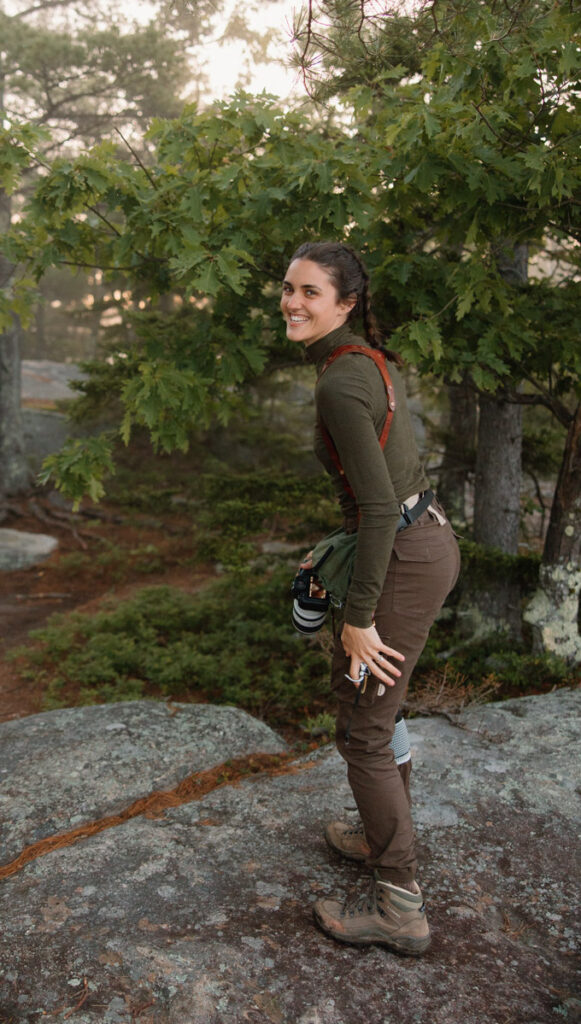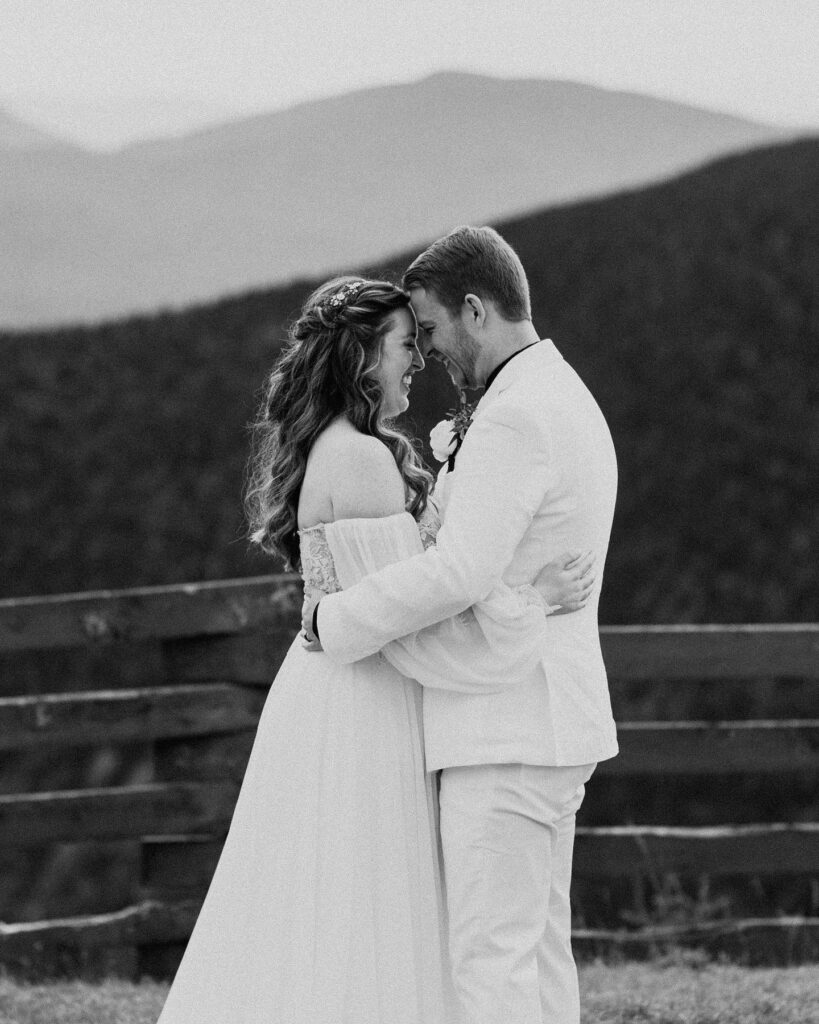the CATEGORIES
HEY FRIEND!
I'M amber
I've had the honor of photographing over 100 weddings and countless adventure sessions in my 14 years as a pro. It's not just my career – it is my PASSION, and I'd love nothing more than to help guide you through the process.
WANT to WORK TOGETHER?
right this way
Your Ultimate Guide to Getting Married in VT (2025)
May 22, 2025
Getting married in VT? Vermont, with its picturesque landscapes and charming towns, is an idyllic place to say “I do.” Whether you’re a local or planning a destination wedding in the Green Mountain State, this guide will walk you through the essential steps to make your Vermont wedding dreams come true.
1. Secure a Marriage License:
First and most importantly, before you can officially tie the knot in Vermont, you’ll need to obtain a marriage license. Here’s how:
- Residency Requirements: You don’t have to be a Vermont resident to get married in the state.
- Visit the Town Clerk: To secure a marriage license, visit the town clerk’s office in any Vermont town. Both you and your partner must appear in person.
- Required Documents: Bring valid photo identification (e.g., driver’s license or passport) and your Social Security numbers.
- Fee: Expect to pay a fee for the marriage license. Fees vary by town, so check with the local town clerk for specific costs.
- Waiting Period: There is no waiting period in this state, so you can get your license and marry on the same day if you wish.
- Expiration: Your Vermont marriage license is valid for 60 days from the date of issue.
2. Hire an Officiant:
Vermont allows various individuals to officiate weddings, including judges, justices of the peace, ordained ministers, and even friends or family members who have been given a one-time solemnization authorization. Here’s what you need to do if you’re getting married in VT:
- Choose an Officiant: Select someone you trust and who aligns with your wedding vision.
- Discuss Ceremony Details: Work with your chosen officiant to build your wedding ceremony script. Customize it to reflect your unique love story and preferences.
- Complete Legal Requirements: Ensure your officiant understands the legal requirements for officiating a wedding in Vermont. They can pay a one-time fee and become ordained through the Universal Life Church or register to become a Temporary Officiant through the State of Vermont.
- Make it Official: After performing the ceremony, the Temporary Officiant needs to sign the marriage license in black ink & return it, along with the marriage license & printed certificate of authorization, to the issuing town/city clerk.
3. Find a Photographer:
Capturing the beauty of your Vermont wedding is essential. Here’s how to find the perfect photographer:
- Browse Portfolios: Start by browsing the portfolios of local Vermont wedding photographers on Google, Pinterest, and Instagram. Look for a style (of both shooting & editing) that resonates with you.
- Read Reviews: Testimonials from other couples can provide insights into a photographer’s professionalism, creativity, and personality.
- Interview Photographers: Arrange consultations or meetings with photographers whose work you admire. Discuss your vision, budget, and any specific shots you want.
- Ask for Recommendations: Seek recommendations from friends, family, or wedding planners for trusted Vermont photographers, like Thru Love’s Lens.

4. Use Sites Like “Here Comes the Guide” to Find the Perfect Venue:
Here Comes the Guide is a valuable resource for finding wedding venues in Vermont and beyond. Here’s how to make the most of it:
- Visit the Website: Go to HereComesTheGuide.com and select Vermont as your location.
- Explore Venue Options: Browse through the featured venues and filter your search based on location, capacity, style, and other preferences.
- Read Detailed Listings: Each venue listing provides comprehensive information, including photos, pricing, and contact details.
- Contact Venues: Reach out to venues that catch your eye to schedule tours and gather additional information.
- Visit in Person: Whenever possible, visit your top venue choices in person to get a feel for the space and its surroundings.

Now you’re well on your way to planning a memorable Vermont wedding! The Green Mountain State offers an abundance of stunning venues and a welcoming atmosphere for couples looking to celebrate their love in a beautiful and meaningful way. Cheers to getting married in VT!
Leave a Reply Cancel reply
t's & c's
philosophy
VT Photographer Amber of Thru Love's Lens is a Vermont wedding, elopement, and family photographer, serving couples and families throughout Northern New England & Upstate NY.
©2023 – 2026